
 Antibiotics are powerful medications that can effectively treat bacterial infections. However, they can also disrupt the delicate balance of the gut microbiome, leading to digestive issues, weakened immunity, and other health problems. In this comprehensive guide, we’ll explore how to heal your gut after antibiotics, ensuring a smooth recovery and optimal health.
Antibiotics are powerful medications that can effectively treat bacterial infections. However, they can also disrupt the delicate balance of the gut microbiome, leading to digestive issues, weakened immunity, and other health problems. In this comprehensive guide, we’ll explore how to heal your gut after antibiotics, ensuring a smooth recovery and optimal health.
Understanding the Impact of Antibiotics on the Gut
What Happens to Your Gut Microbiome?
The gut microbiome consists of trillions of microorganisms, including bacteria, viruses, fungi, and other microbes. These microorganisms play a crucial role in digestion, nutrient absorption, immune function, and overall health. Antibiotics, while effective at killing harmful bacteria, can also wipe out beneficial bacteria in the gut. This disruption can lead to:
Dysbiosis: An imbalance in the gut microbiome.
Digestive Issues: Such as bloating, diarrhoea, and constipation.
Weakened Immunity: Reduced ability to fight off infections.
Inflammation: Increased risk of inflammatory diseases.
Why Is Gut Health Important?
A healthy gut is essential for:
Digestive Health: Efficient digestion and nutrient absorption.
Immune Function: Protection against pathogens and regulation of immune responses.
Mental Health: Production of neurotransmitters like serotonin.
Overall Well-being: Reduced risk of chronic diseases.
Steps to Heal Your Gut After Antibiotics
1. Reintroduce Beneficial Bacteria with Probiotics
Probiotics are live microorganisms that provide health benefits when consumed in adequate amounts. They can help restore the balance of the gut microbiome after antibiotic treatment.
Best Sources of Probiotics:
Yoghurt: Look for live and active cultures.
Kefir: A fermented milk drink rich in probiotics.
Sauerkraut: Fermented cabbage packed with beneficial bacteria.
Kimchi: A spicy Korean fermented vegetable dish.
Probiotic Supplements: Choose high-quality supplements with diverse strains.
2. Feed Your Gut with Prebiotics
Prebiotics are non-digestible fibres that feed beneficial bacteria in the gut and help promote their growth and activity.
Best Sources of Prebiotics:
Garlic
Onions
Leeks
Asparagus
Bananas
Chicory Root
Jerusalem Artichokes
3. Eat a Diverse and Nutrient-Rich Diet
A varied diet rich in different types of fibre can support a diverse and healthy gut microbiome. Aim to include a wide range of fruits, vegetables, whole grains, nuts, seeds, and legumes in your diet.
Critical Nutrients for Gut Health:
Fiber: Promotes regular bowel movements and feeds beneficial bacteria.
Polyphenols: Found in colourful fruits and vegetables, they have antioxidant properties that support gut health.
Omega-3 Fatty Acids: Found in fatty fish, flaxseeds, and walnuts, they reduce inflammation.
4. Stay Hydrated
Adequate hydration is essential for maintaining a healthy digestive system. Water helps break down food and supports the mucosal lining of the intestines.
Tips for Staying Hydrated:
– Drink at least 8 glasses (64 ounces) of water daily.
– Include hydrating foods like cucumbers, watermelon, and oranges in your diet.
– Limit caffeine and alcohol intake as they can dehydrate you.
5. Avoid Processed Foods and Sugar
Processed foods and added sugars can feed harmful bacteria and contribute to dysbiosis. Aim to minimize or eliminate these from your diet.
Foods to Avoid:
– Sugary snacks and beverages
– Processed meats
– Refined grains
– Artificial sweeteners
6. Incorporate Fermented Foods
Fermented foods are rich in probiotics and can help repopulate your gut with beneficial bacteria.
Best Fermented Foods:
– Yogurt
– Kefir
– Sauerkraut
– Kimchi
– Miso
– Tempeh
– Kombucha
7. Manage Stress
Chronic Stress can negatively impact your gut health by altering the gut-brain axis and promoting inflammation. Incorporate stress-reducing activities into your daily routine.
Stress Management Techniques:
– Meditation
– Yoga
– Deep breathing exercises
– Regular physical activity
– Adequate sleep
8. Get Regular Exercise
Physical activity promotes healthy digestion and supports a balanced gut microbiome.
Recommended Exercises:
– Walking
– Running
– Cycling
– Yoga
– Strength training
9. Consider Postbiotic Supplements
Postbiotics are health-beneficial byproducts of probiotic bacteria. They can help support gut health by enhancing the growth of beneficial bacteria.
Benefits of Postbiotics:
– Support immune function
– Reduce inflammation
– Improve gut barrier function
Frequently Asked Questions (FAQs)
How long does it take to heal your gut after antibiotics?
The time it takes to heal your gut after antibiotics varies depending on several factors, such as the duration of antibiotic use, individual health status, diet, lifestyle, and adherence to gut-healing practices. Generally, it may take a few weeks to several months to fully restore a healthy gut microbiome.
Can probiotics be taken during antibiotic treatment?
Yes, taking probiotics during antibiotic treatment can help mitigate some of the adverse effects on the gut microbiome. However, it’s essential to take them at least two hours apart from antibiotics to prevent the antibiotics from killing the probiotic bacteria.
Are there any side effects of taking probiotics?
Most people tolerate probiotics well without any side effects. However, some individuals may experience mild digestive symptoms such as gas or bloating initially as their body adjusts to the new bacteria. If you experience severe side effects or have a compromised immune system, consult your healthcare provider before taking probiotics.
Can prebiotics cause digestive discomfort?
In some cases, prebiotics can cause gas or bloating when first introduced into the diet due to increased fermentation by gut bacteria. To minimize discomfort, start with small amounts and gradually increase your intake over time.
Are fermented foods safe for everyone?
Fermented foods are generally safe for most people; however, individuals with histamine intolerance or certain medical conditions should consult their healthcare provider before adding fermented foods to their diet.
How do I know if my gut is healing?
Signs that your gut is healing include:
- Improved digestion (reduced bloating, gas, constipation).
- Increased energy levels.
- Better mood stability (reduced anxiety or depression).
- Improved immune function (fewer infections).
- Overall enhanced well-being.
Conclusion
Healing your gut after antibiotics is crucial for restoring balance within your body and promoting overall health. By incorporating probiotics through fermented foods or supplements into your diet, along with prebiotic-rich foods, while avoiding processed foods high in sugar content, you’ll be well on your way towards achieving optimal digestive wellness! Remember that managing stress levels effectively alongside regular exercise routines will further support this journey towards bettering one’s overall well-being!
Feel free always to reach out if any questions arise along this path—we’re here to help guide you every step of the way!
Table of Contents
SEARCH HERE
CATEGORIES
RECENT POSTS

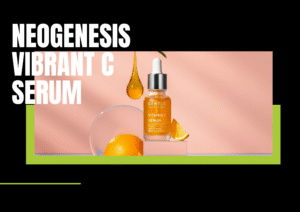

Advanced Mitochondrial Formula 2025: Can It Truly Recharge Your Energy Levels?
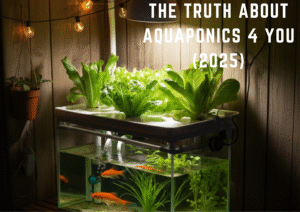
The Truth About Aquaponics 4 You (2025): Does It Actually Work?

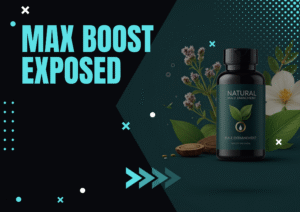

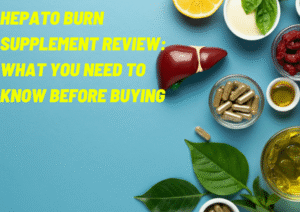
Hepato Burn Supplement Review: What You Need to Know Before Buying



“The Ultimate Guide to Papillex: Natural Immune Support for HPV Relief”



Slim Down Naturally: The Truth About Plant-Based Fat Burner That Actually Work

TedsWoodworking Review 2025: Is It Worth It for Your DIY Projects?




“Immunotherapy vs. Chemotherapy: A New Era in Cancer Treatment”




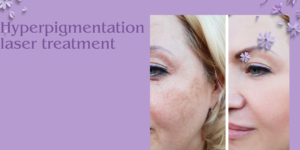
“The Ultimate Guide to Hyperpigmentation Laser Treatment in 2025”


Is UV 7 Good for Tanning? What You Need to Know Before You Glow


Planning a Trip from New Windsor to Grand Canyon? Here’s What to Know


“Your Guide to the Closest Airports to Yosemite National Park”

“How to Create the Perfect Gluten-Free Chicken Soup for Cold Days”
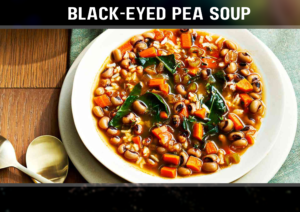
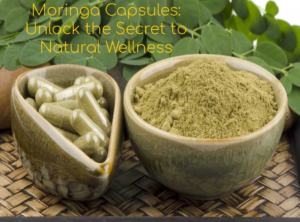

“The Secret to Authentic Creole Sauce: Step-by-Step Recipe”


“Natural Weight Management Made Easy: Exploring Nagano Tonic”

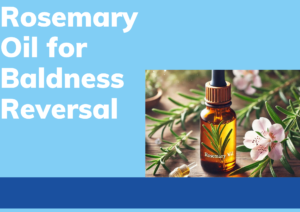
Can Rosemary Oil Reverse Male Pattern Baldness? The Truth Revealed
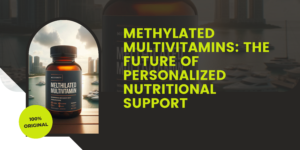

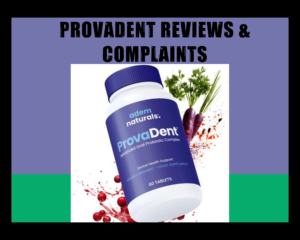
ProvaDent Reviews & Complaints: Is This Supplement the Real Deal for Oral Health?

“Everything You Need to Know Before Buying the Clawsable Heated Cat House”

“Are Ryan’s Shed Plans Worth It? A Practical Guide for DIYers”


“Miracle Massage Wand and More: Exploring the Ageless Knees Method”

BV No More by Jennifer O’Brien: A Simple, Natural Approach to Tackling Bacterial Vaginosis (BV)

Unlock Your Dog’s Full Potential: A Complete Review of Brain Training for Dogs
